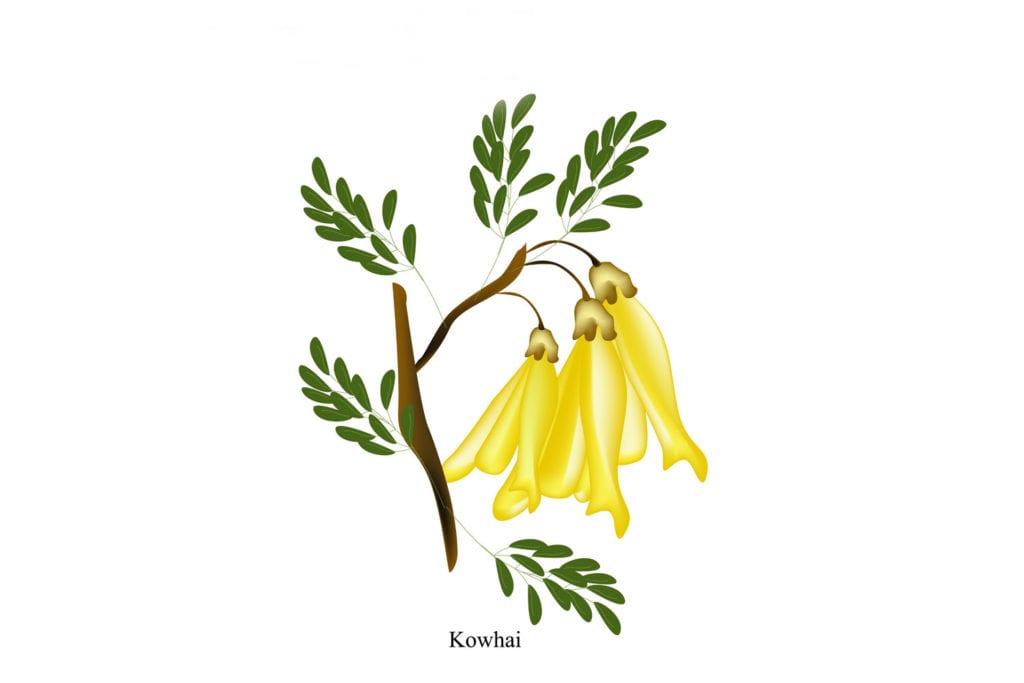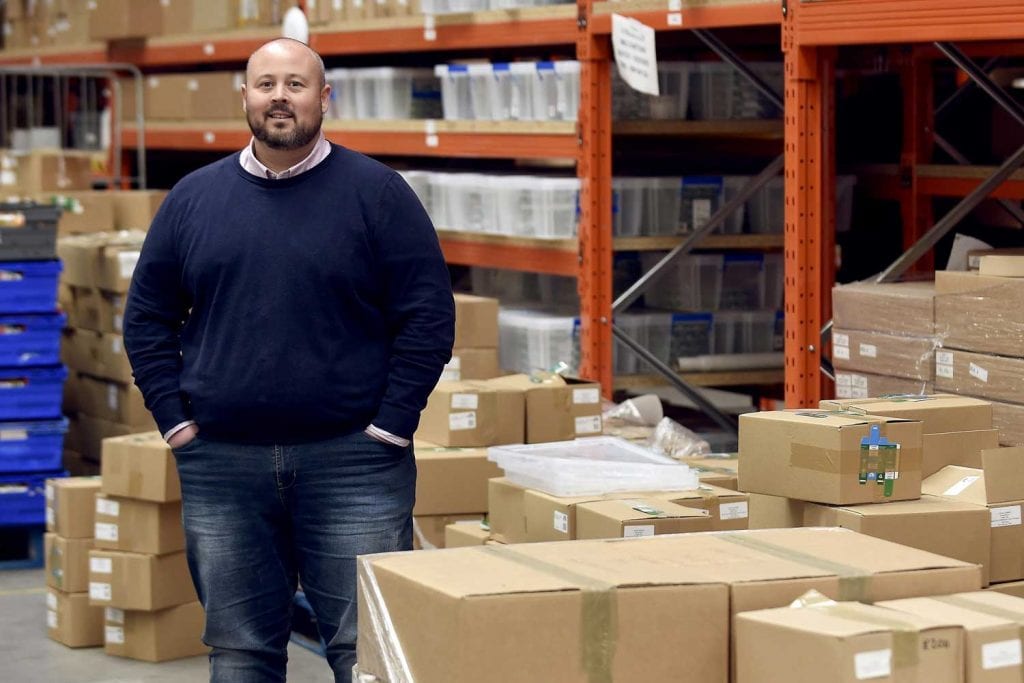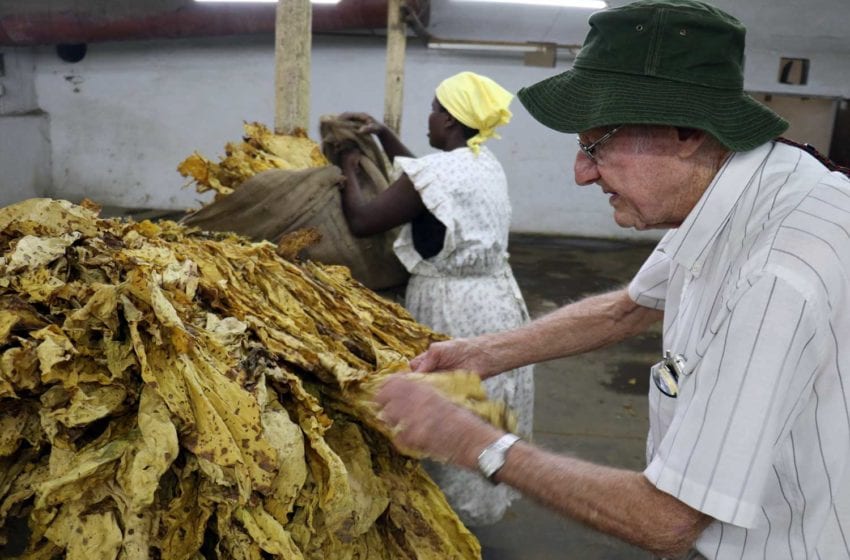
Lukas Paravicini will join Imperial Brands’ board of directors on May 1 and become chief financial officer on May 19, the day after the company publishes its half-year results.
Oliver Tant will step down from the board on May 19 and will be available to work with Paravicini through the end of June to ensure a smooth and orderly handover.
The dates have been brought forward from those announced on Feb. 17, when Imperial Brands first revealed Paravicini’s appointment.
Before joining ED&F Man Holdings, Paravicini held senior positions at Fonterra, the world’s largest dairy exporter. He was chief financial officer from 2013–2017 and chief operating officer of global consumer and foodservice business from 2017–2018. Prior to that, he spent 22 years with Nestle in various senior finance and general management roles, working in South America and latterly in Switzerland for Nestle Professional, the food service arm of Nestle, first as chief financial officer and then as vice president and general manager of Europe.
As chief financial officer of Imperial Brands, Paravicini will receive an annual salary of £730,000 ($1 million) and a pension allowance.




 U.S. Customs and Border Protections (CPB) officers in Indianapolis seized six shipments containing more than 10,000 unapproved Juul Pods. All the shipments originated from an individual in Ontario, Canada, and were headed to various locations in New York and New Jersey.
U.S. Customs and Border Protections (CPB) officers in Indianapolis seized six shipments containing more than 10,000 unapproved Juul Pods. All the shipments originated from an individual in Ontario, Canada, and were headed to various locations in New York and New Jersey.














